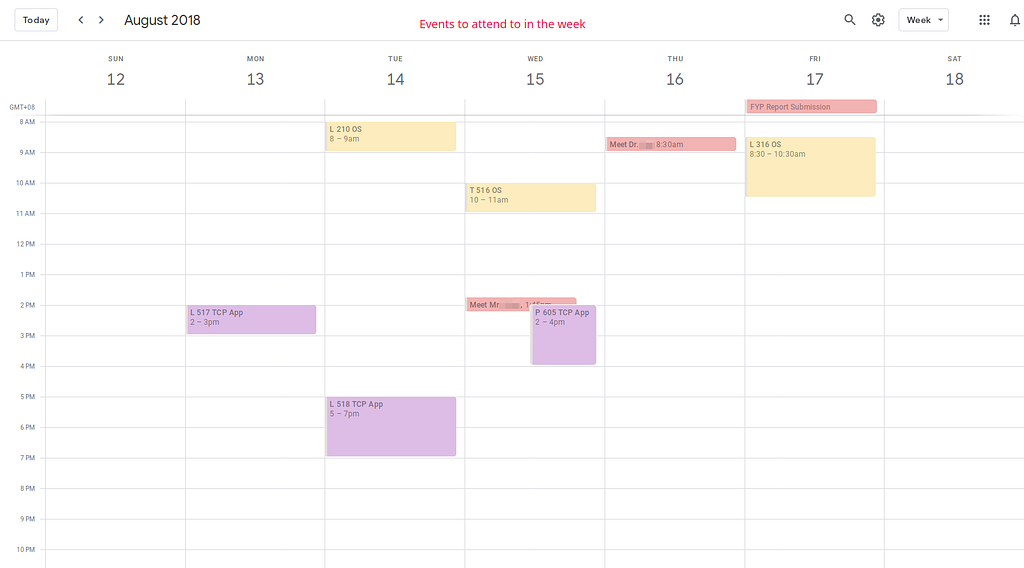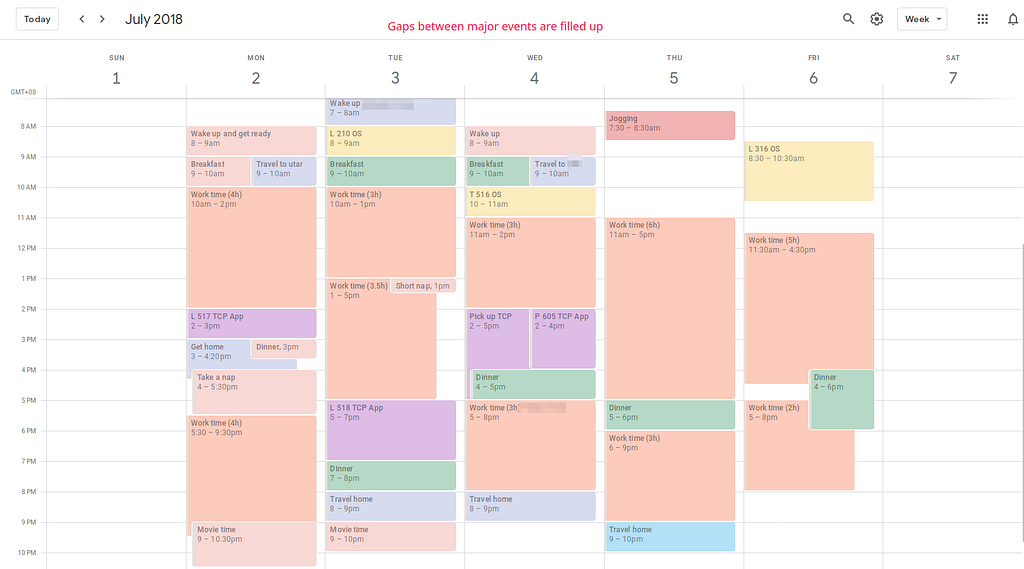Latest news about Bitcoin and all cryptocurrencies. Your daily crypto news habit.
I started to be a full-time full stack developer when I was still in school. I often asked by my peers on how I handle both academic and career properly. Inspired by Kent C. Dodds, I decided to write a post to share my experience.
If you need a quick read, skip straight to the next section, there’s where the tips are.
How I started my career and landed on my current job?
I started my career as a freelance developer in my second final year, when one of my then school mates was sourcing IT developers for small IT projects. My first project was kinda premature per se, it was a company landing page (the company is no longer around) developed from scratch. Fast forward to the beginning of the year when I came back from my internship. I continued to work on a freelance basis, provide services like scripts writing, building web apps, while furnishing my final year project. In the middle of the year, I was offered a contract to join a team to build an e-commerce front-end using React, and a permanent job as a full stack developer (both employers are aware of my situation, and they both allow the team to work remote). I chose the latter.
“Don’t you have class to attend?” , many may ask. Yes, I did. However, by compressing my majors in the early years of my degree, all I have to fulfill was not more than 10-hour of class per week. That gives me plenty of time to pursue my interests. Besides short school hour, there are a few tricks I employ, which are listed later.
What my job requires me to do?
- Attend to daily scrum meeting every 9am, we do it over Google Hangout.
- Handle and resolve issues/tickets, we use Github.
- Build new product, which is my major task now.
- etc…
In a start-up environment, our team is agile, new features are constantly being requested and being built. Also, our team is small, it means we have to handle our entire ecosystem from A to Z. There isn’t a clear cut of what my responsibilities are in the team. In the organization I work for, we are result-oriented. Our bosses entice employees by giving them trusts and are open to suggestions all the time.
How I Optimize My Time?
Core Principles
Fundamentally, the core of optimizing your time lays beyond these:1. Identify where your time goes2. Identify wastage 3. Minimize them
Tip #1: Use Your Calendar App
Make use of your calendar app, add events into it, you will see how your time is being used.
 Major events in your calendarTip #2: Plan Ahead
Major events in your calendarTip #2: Plan Ahead
You have seen when your major events are, now it’s time for you to plan for your day. Start filling in the gaps between your major events in your calendar, what are you filling with?
 My schedule after filling up the gaps
My schedule after filling up the gaps
If you realize you have nothing to fill in, you know you are wasting your life, you should probably find an interest, or maybe read a book, or maybe go for a walk during your gap time.
If you realize there’s too much to fill in, you know you are doing the right thing, I mean, planning it. Without planning it, there’s a slim chance that you might get all things done on time, but most of the time, you won’t.
How I do is always plan my next day before hitting my pillow, so when my eyes are wide-opened, I know what awaits me.
Of course, I don’t mean to have all the gaps filled, we are human, we need breaks. However, break time should never be as much as your productive time. Well, unless you’re on vacation. 😆
Tip #3: Know Your Prime Time My eyes are the brightest in my prime time.
My eyes are the brightest in my prime time.
Disclaimer
The views and opinions expressed in this article are solely those of the authors and do not reflect the views of Bitcoin Insider. Every investment and trading move involves risk - this is especially true for cryptocurrencies given their volatility. We strongly advise our readers to conduct their own research when making a decision.